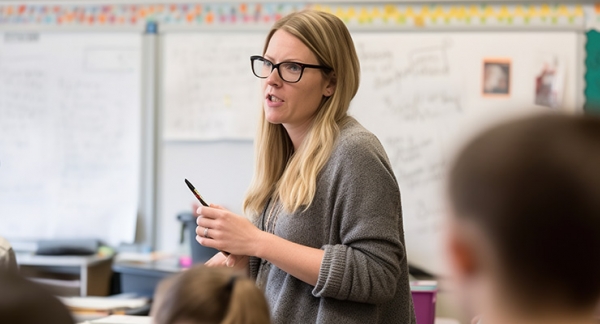Welcomed changes for supply teachers in new guidance

On the 1st of September 2020 the new Department of Education’s Keeping Children Safe in Education came into force. The new guide contains several changes of which some directly impacts teaching agencies and supply staff for the first time.
Below is a highlight of the changes.
Safeguarding information has been widened to explicitly include supply staff and volunteers
Concerns about safeguarding or if an allegation is made about another member of staff will explicitly include supply staff and volunteers. Any concerns should be referred to the headteacher or principal. Should the concern/allegation be about the headteacher or principal, this should be referred to the chair of governors, chair of the management committee or proprietor of an independent school; and in the event of concerns/allegations about the headteacher, where the headteacher is also the sole proprietor of an independent school, this should be reported directly to the designated officer(s) at the local authority.
The guidance has also made it clear that both mental and physical health are relevant to the safeguarding and the welfare of children.
Information on mental health has been updated to help staff make the link between mental health concerns and safeguarding issues.
The NSPCC has updated their ‘when to call the police guidance’ which is also included in the guidance.
Allegations made against teachers, and other staff, including supply teachers and volunteers
Allegations of abuse made against any member of school staff is the school’s responsibility to manage where the school is the employer. Further clarification has been noted in this guidance where allegations are made against supply teachers and volunteers where the school is not the direct employer (i.e. when the agency is the employer) the school must ensure the allegations are dealt with properly.
The guidance makes it clear that schools hold a responsibility to fully explore concerns about supply staff and in those instances, schools cannot simply cease to use the supply teacher. Processes should be developed to manage this and the school should advise agencies of its process for managing allegations. Agencies are required to be fully involved and co-operate with any enquiries from the local authority designated officer (LADO), police and/or children’s social services. Governing bodies and proprietors should discuss with the agency whether it is appropriate to suspend the supply teacher, or redeploy them to another part of the school, whilst they carry out their investigation.

Our governing body the Recruitment and Employment Confederation (REC) welcomes the inclusion of supply staff on how schools should handle abuse and allegations made against them. This is something the REC has been requesting for some time.
An additional point has been added under behaviours which poses a transferable risk from the way an individual has behaved or may have behaved in a way that indicates they may not be suitable to work with children. For example, a member of staff is involved in domestic violence at home. No children were involved, but schools need to consider what trigged these actions and could a child in the school trigger the same reaction, therefore being put at risk.
Information added about the Coronavirus pandemic
During the coronavirus outbreak the DFE issued a non-statutory interim guidance. This has now been removed as the governments expects all educational settings across the nation to reopen for new academic year in September 2020.
Click here to view and download the full Keeping Children Safe in Education (Sept 2020).
For the latest information from the Department of Education, click www.gov.uk/government/organisations/department-for-education
Related articles
Back to school during Covid-19
Teachers to benefit the most from inflation-busting pay rise
Lockdown leaves pupils three months behind with curriculum






